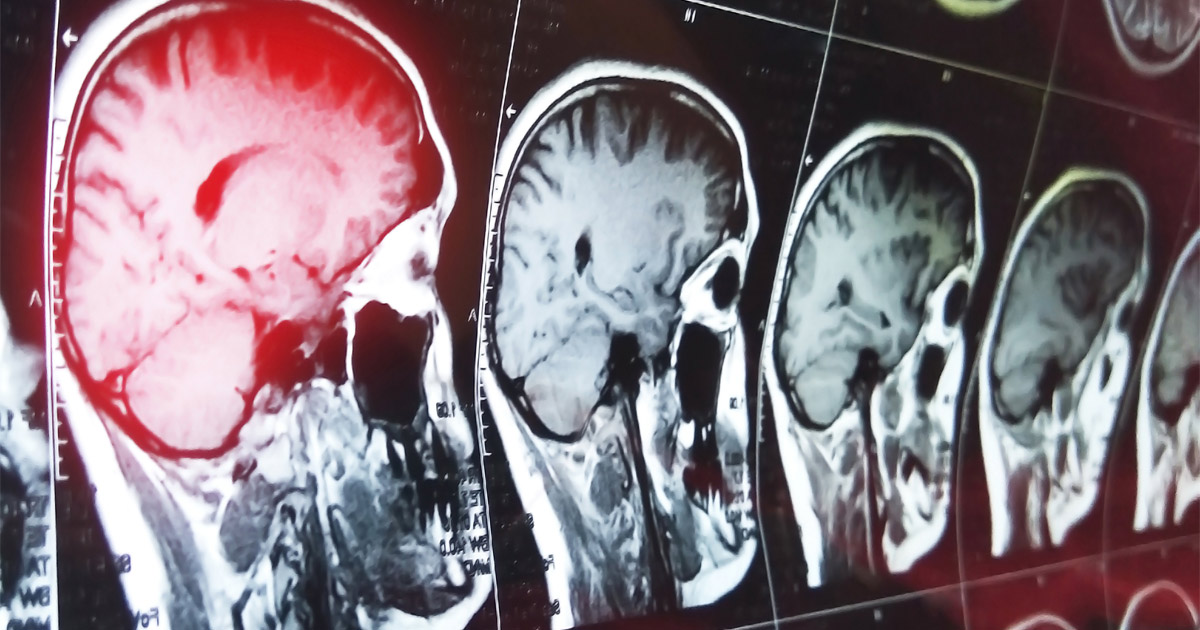A car accident can be the cause of many types of injuries, including traumatic brain injuries (TBIs). Though TBIs are commonly caused in car accidents, insurers or opposing attorneys may try to say that a plaintiff’s TBI was caused by something other than a car crash. This is why it is critical to be able to provide enough evidence to link a TBI to a car accident.
You, with your lawyer, will be expected to produce documentation to support your assertion that you have a TBI that did not exist before your crash. The right evidence can make it easier to prove that your TBI was related to your accident.
Below are some key pieces of evidence that can be helpful in showing that you have an accident-related TBI:
- Medical reports: Any reports made by your health care providers, whether those reports were from your emergency room visit or an appointment with a specialist, can serve as proof that you have a TBI. Make sure your copies include important information, like the date and time of your diagnosis and evaluation.
- Scans: As a patient, you can legally obtain copies of your medical scans and images. These images can show exactly why you were diagnosed with a TBI.
- Pictures and reports from the accident scene: Having documents, photos, and videos from your accident scene can help show that your TBI was linked to the crash.
- Testimony from loved ones: The people closest to you, including your family and friends, may be willing to provide legal testimony to affirm changes they have seen in you since the accident. When testimony is used with other supporting evidence, like diagnostics and patient prognosis reports, they can help prove your claim.
Note that you have a limited period of time after your accident to file a personal injury suit. In Ohio, the statute of limitations to file a personal injury suit is two years from the date the accident occurred. Two years can pass by quickly, especially if you are dealing with a TBI, so it is important to speak with a lawyer as soon as possible.
A lawyer will help you if are having trouble knowing how to proceed to recover compensation. Most personal injury lawyers offer free consultations. This allows you to gather the information you need to decide what to do next without paying anything extra out of pocket. A lawyer will protect your rights and determine if you are eligible to seek compensation for your TBI.
What Are Common Accident-Related TBIs?
Any damage to the brain can fall under the category of a TBI. Like so many other types of injuries, TBIs can range from mild to severe. A mild form of a TBI might be a slight concussion. A severe form of a TBI could involve an injury that leaves you unable to function normally and needing medical attention for life. TBIs are not limited to one type of injury, and two people with TBIs may experience vastly different symptoms.
Concussions are one of the more common types of TBIs reported by car accident survivors. A concussion happens when the brain is jolted suddenly against the skull. The brain suffers bruising and may bleed. Mild concussions often cause temporary confusion and even a loss of consciousness. More severe forms of concussions can lead to personality loss, memory loss, and other lifelong problems. Usually, a severe concussion will be associated with ongoing symptoms, such as headaches, dizziness, and vision problems.
TBIs can also be open or closed. An open TBI is one where the brain and skull is impacted by a foreign object, such as a piece of flying debris during a collision. A closed TBI is when the brain remains within the skull and is damaged. Open TBIs often require surgical intervention, however, closed TBIs can be just as devastating.
What Are Symptoms of TBIs?
Only a trained medical professional can diagnose a TBI. However, you may suspect you have a TBI if you have any of the following symptoms after being in a car accident:
- Headaches.
- Dizziness.
- Nausea.
- Blurred vision.
- Neck pain.
- Shoulder pain.
- Seizures.
- Bump on your head.
- Sleep disturbances.
- Memory problems.
- Personality changes.
Note that any unusual physical or mental responses after a crash need to be evaluated by a doctor as soon as possible. A TBI can be life-threatening if left untreated.
How Are TBIs Diagnosed?
Symptoms of a brain injury may go undetected, as brain injuries are unpredictable. Some symptoms may be mild and hard to detect, which is why it is critical to go to the doctor after any type of car accident.
There are a few ways a doctor will diagnose a brain injury. Some of those ways include:
- Putting the injured patient through tests to evaluate the health of the brain.
- Ordering diagnostic scans and other tests of the brain.
- Probing the brain to monitor it for any unexpected pressures.
It is wise to go to a medical professional if you think that you may have a TBI.
What Types of Treatment Options Are Available for TBIs?
Depending on the type of TBI you have, your health care provider may recommend a variety of treatment options. These can include anything from physical therapy and surgery to rest and medications.
Even though you might worry about the cost of medical treatment, you should do your best to comply with your doctor’s recommendations. Some TBIs can get better with time, but many can lead to chronic lifelong problems. Your best chance of healing is to follow your proposed treatment plan as you try to recover compensation.
Seeking Compensation for a TBI
It is important to know that Ohio is a fault insurance state. This means that typically the person at fault for the accident is responsible for compensating the other party harmed in the accident. Generally, the at-fault party’s insurance will cover the losses up to the policy limits.
If you have been injured in an accident in Ohio, you have a few ways you can receive compensation, if eligible, for your losses:
- File a claim with your insurance carrier. If you have personal injury protection (PIP) or collision coverage, you can file a claim with your insurance company, no matter who caused the accident. If the other driver caused the accident, your insurance carrier will likely go to the at-fault driver’s company.
- File a third-party claim with the other driver’s insurance company. You can also go directly to the other driver’s insurance carrier and file a claim if they were clearly responsible.
- File a personal injury lawsuit. You can file a suit in civil court against the at-fault driver. Note that their insurance could still come into play, or the case could reach a settlement before trial.
Since there could be multiple filings involved, it is best to go to a lawyer if you want to seek compensation for your losses.
Loveland Car Accident Lawyers at the Wolterman Law Office Will Help You With Your Crash-Related TBI
Did a car crash leave you with a TBI and extensive bills? Speak with one of our experienced Loveland car accident lawyers at the Wolterman Law Office. Call us at 513-488-1135 or fill out our online form to schedule a free consultation. Located in Loveland, Ohio, we serve clients in Hamilton County, Fairfield, Norwood, and Forest Park.


